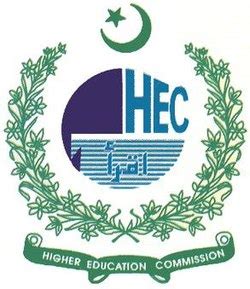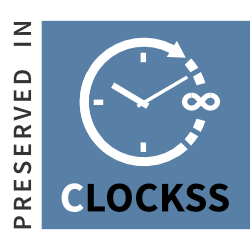JUNK FOOD ADDICTION AMONG MEDICAL STUDENTS IN RAWALPINDI- A KAP STUDY
DOI:
https://doi.org/10.53992/njns.v4i2.4Keywords:
Social norms, Health messages, Junk foodAbstract
Use of high calorie junk foods has increased dramatically in the recent past, leading to many social and health problems. Pakistan is facing the same situation. It is therefore, a strong need to develop public health strategies targeting to reduce intake of junk food. Study was conducted over period of 9 months (from January to August 2013) among students of Foundation University Medical College. It was a cross sectional study. A total of 445 students were selected. Response rate was 85.5%. Male to female ratio was 1: 1.7. The percentage of girls was more because there are more female students as compared to male students in every class. Age ranged from 17-29 years with mean of 21 years. The percentage of Boarders to Non-boarders was 41% (182) and 59% (262) respectively.38% (169) of students take junk food daily while 39% (174) on weekly basis. Majority 169 (38%) students prefer home deliveries; while 111 students (25%) prefer to dine in. However 37% like to take food with them. Knowledge about non communicable diseases was quite good however the term ‘junk food’ was not accurately defined by all students. Around 200 (23%) of students spend Rs. 1000 for buying junk food weekly, while 142 (32%) spend more than 1000 rupees.191 (43%) of the students have experienced an increase in junk food frequency since they are living in hostel, 174 (39%) have no idea or didn’t notice any change whereas 80 (8%) had no change in their dietary habit despite of being living in hostel. On consuming junk food, 209 (47%) of the students have a pleasant feeling while majority 249 (56%) have no elevation of mood following junk food. Most (231, 52%) of the students said that they are not addicted to junk food. Junk food is quickly replacing the traditional home made and healthy foods. Health Education sessions regarding risks and hazards associated with junk food consumption must be done regularly in schools/ colleges to prevent junk food epidemic especially among youth.



